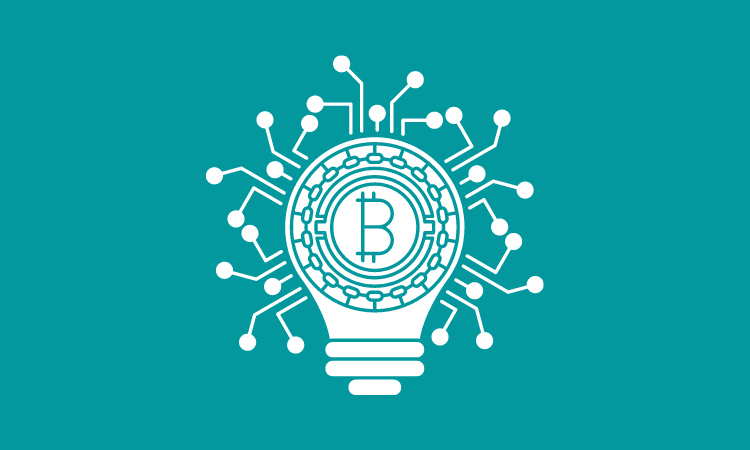Daily
Daily Tearsheet: Is China leaping forward in fintech?, how AI is changing lending, and embedded lending with Finastra
- As the fintech industry expands in China, will the US stand out from the rest of its competitors?
- In the eighth episode of Where Credit's Due, we explore the topic of AI in lending with guests Zest AI CEO Mike de Vere and Informed.IQ CEO Justin Wickett.









